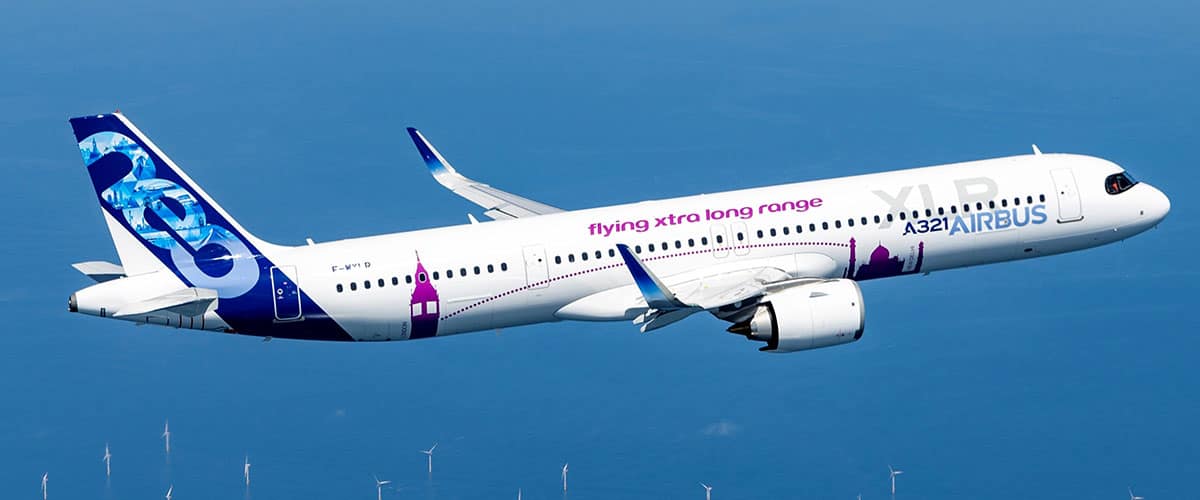New Technologies May Improve Aviation Training for Millennials and Gen Z, Researchers Suggest

Amid a global shortage of highly trained pilots and aviation maintenance technicians, Embry-Riddle Aeronautical University researchers proposed four technologies that might enhance learning for the next generation of aspiring aviation professionals.
“The new generation of Millennials and Generation Z students entering the training process may learn differently from their predecessors,” said Chief Ground Instructor Robert L. Thomas, assistant professor of Aeronautical Science at Embry-Riddle. “Four technologies — biometrics, evidence-based training (EBT), active learning techniques and gamification — merit further investigation as a way to enhance aviation training.”
On July 23, Thomas will present a poster presentation, entitled “Updating Aviation Training for the Next Generation of Pilots,” during the 14th international conference on Applied Human Factors and Ergonomics (AHFE) in San Francisco, California. The Embry-Riddle project was funded by Airbus Americas.
Given that airlines will need to recruit hundreds of thousands of pilots and technicians in the coming decade, Thomas and colleagues reviewed select case studies of various new and emerging aviation-training technologies.
“Gender, cultural diversity, education level and background all affect learning,” Thomas said. “In addition, Millennials and Generation Z students may have learning preferences that could be incorporated into training programs.”
Training methods vary from company to company, but typically, they include computer-based training and ground school, flight simulations, virtual and augmented reality systems, and scenario-based training, Thomas said. The U.S. Federal Aviation Administration sets standards and “the Advanced Qualification Program or AQP lets airlines leverage new technologies and methods that best serve their operations,” he noted.
By providing feedback on stress levels in real-time, biometric technologies should help learners maintain optimal stress levels to ensure maximum learning efficiency and retention, researchers said. Further, individual training plans can be customized for each student based on evidence of their learning across different platforms. Using simulation and scenario-based training should increase retention of new skills and information. Finally, gamification could improve the learner’s motivation and engagement while also allowing students to repeat scenarios and lessons.
Embry-Riddle, a world leader in aviation education, is currently applying an evidence-based approach called PILOT — the Pre-flight Immersion Laboratory for Operations Training program. The approach enhanced learning and reduces the time to solo flight by leveraging virtual reality tools before students step into training aircraft.
In addition to Thomas, authors on the AHFE research poster are Tracy Lamb, Scott Winter, Mitch Geraci, Kris Hammer and Nicola O’Toole of Embry-Riddle.
